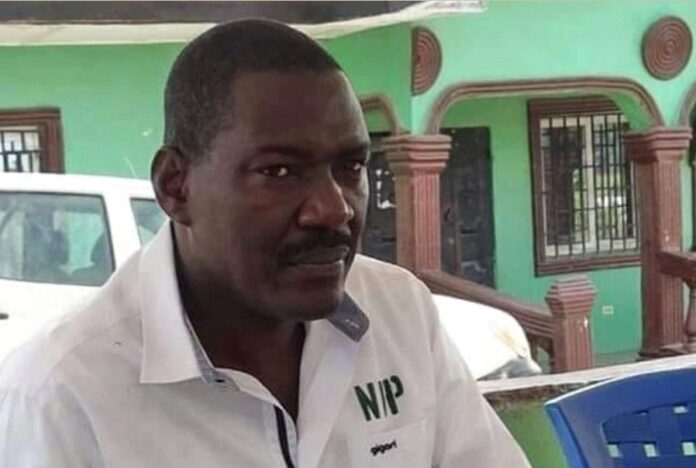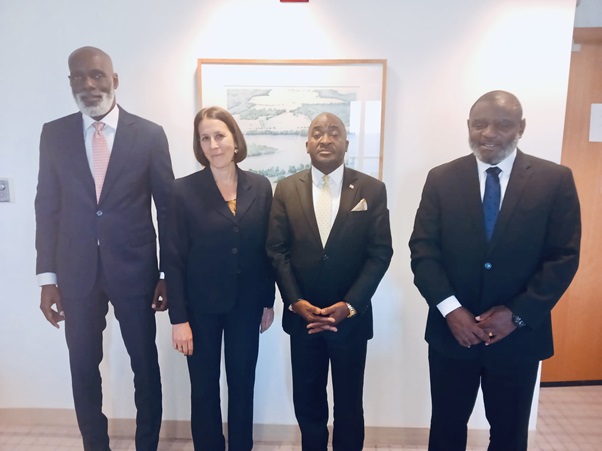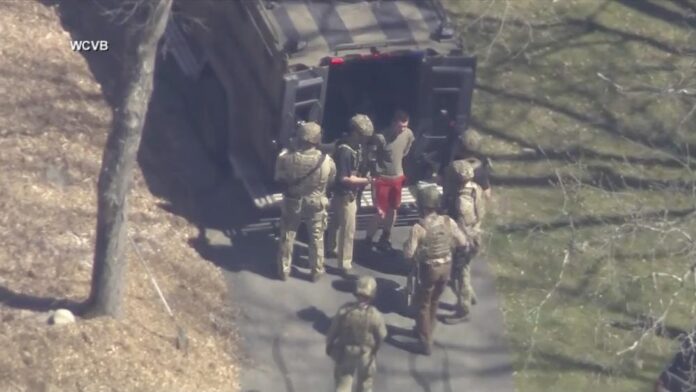A Patriot’s Diary
With Ekena Nyankun Juahgbe-Droh Wesley
Proponents of development studies continue to argue that beneficiaries of development are critical in determining their priorities. They have a point! Most often than not failed or so-called white elephant projects crumble as a result of the lack of inclusiveness. Amid the permutations based on cogent experiences, development partners continue to make the same mistake repeatedly.
Conversely, it is sometimes baffling when communities seem not to weigh in constructively on development projects that should ostensibly bring benefits for the greater good. In a conversation with Maryland Senator James Biney more than a decade ago, it was perplexing to learn what turned out to be an irony.
What was Biney’s own experience with the people of Maryland? James Biney, the politician simply could not fathom while the people of Big Town in Harper District would prefer a band set to the renovation of the Big Town Public School. As a politician, Biney had to choose between where his votes would come from the next election instead of engaging into a futility of dialogue of the community’s fervent preference.
Seemingly mind-boggling for Biney, was when the elders asked him thus: “As a young student growing up in Harper, what was his mood each time he heard the band play…” Hypothetical as it might have seemed, Biney initially giggled but succumbed. The message from the community was clear after all. The choice of band sent over the renovation of the Big Town Public School was not debatable. The people of Big Town had settled for a band set after all.
Biney, the politician obliged and ordered a brand new band set for the good people of Big Town. Did the people make the right choice? Well, it was not Biney’s place to organize any lecture series regarding the people’s preferred choice. The crucial and paramount unanswered question – was – what would become the fate of scores of young people who desire an education in Big Town? The debate would for a long time to come – linger as it were.
Recently, a young and enterprising comrade with political eye on one of the districts in Liberia reckoned the need to offer virtually free computer and sewing classes in his district. At a negligible LD$100 and ld$50.00 for registration and LD$1,000 as tuition for six months (US$4.00) – attendance proved absolutely nothing to write home about. What has gone amiss? Wasn’t it a lofty idea to train women in Home economics skills aimed at self-empowerment?
On the other hand, a proposal for micro loan for women’s groups had emerged as the apparent game changer. But would it work where other interventions have failed? It is about the mind set, folks. Is it that our people don’t know what they want? Perhaps or possibly not!
Even more disturbing, in a somewhat community initiative that would get the people engaged in roadside brushing, the people instead appealed for cutlasses to undertake the project. In a mind-changing prompt, the people were asked to bring in their individual farm implements to embark on the self-help project. In their reckoning, they requested brand new cutlasses. What would have changed had the community dwellers opted to use their personal farm implements? Folks, it is only people who are prepared to change that can lead the much needed change.
If change should be about people’s driving self-consciousness, people are bound to and can only succeed when they recognize that such change will seek to bring ultimate benefit to themselves. The government can provide all the opportunities to better the people’s lot, but if the people do not place value on such interventions, they would appear worthless.







